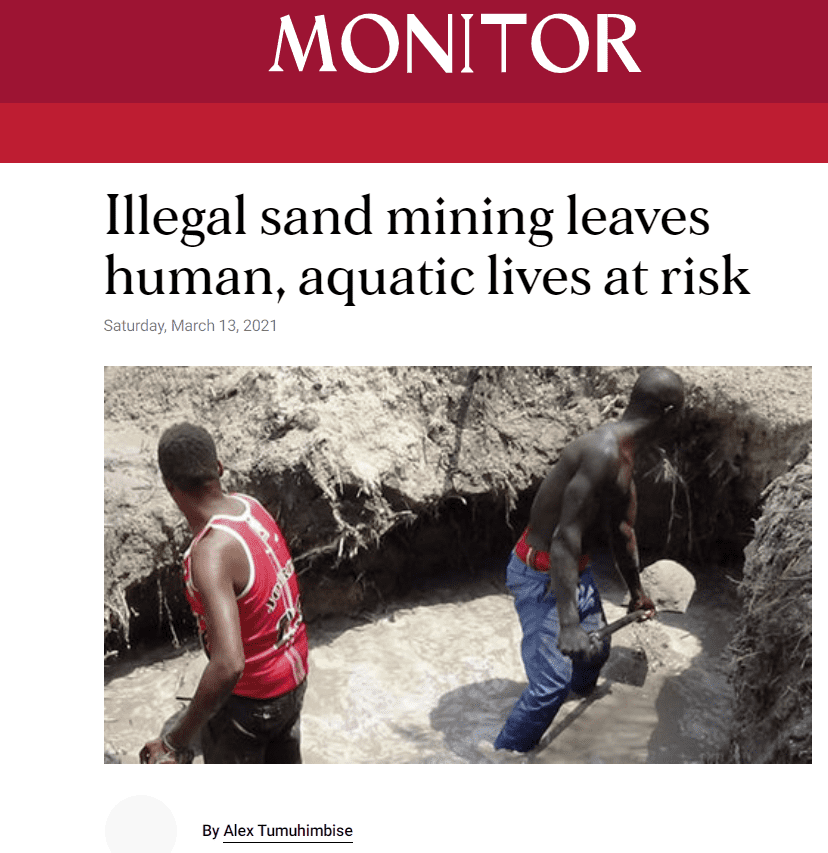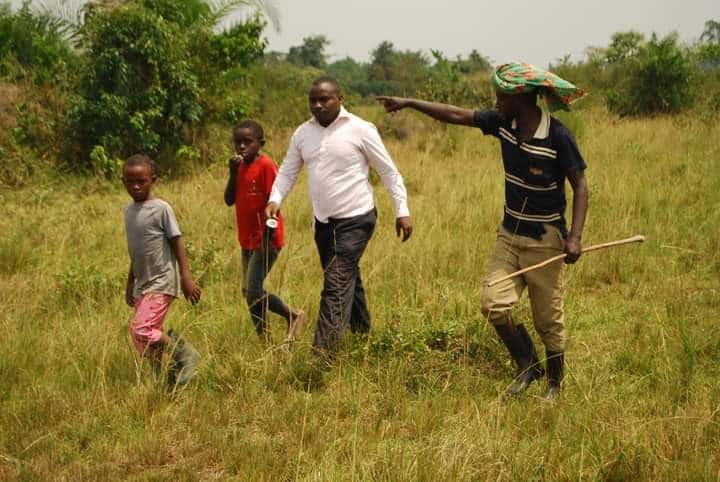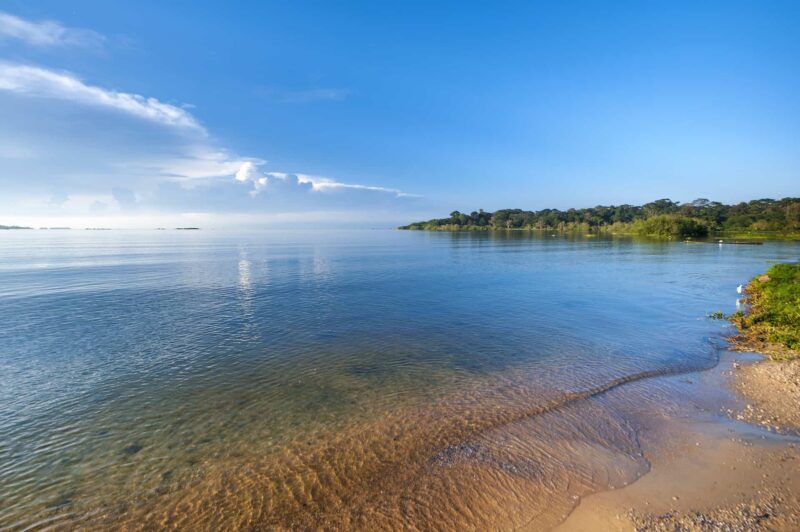Journalists tell stories to inform, educate, and even entertain. Other times, they don “detective caps” and go to work investigating and revealing corruption and wrongdoing, while holding power to account.
This is what Alex Tumuhimbise of The Monitor in Uganda did after publishing an investigation into illegal sand mining. In Kakumiro District (western Uganda), illegal mining is degrading wetlands that are sources of water for residents and destroying the habitats of aquatic animals. The story had roused a storm; Alex Tumuhimbise would spend the next couple of months following up on the impact the story had created.
“I did not expect such impact,” muses the always highly-motivated journalist. “I thought leaders were going to keep a deaf ear because illegal sand mining was a systemic problem in the country.”
“Things changed when Parliament of Uganda showed interest in the story and called for intervention by the Cabinet.”
The story, “Illegal Sand Mining Leaves Human, Aquatic Lives at Risk,” was published in the Saturday Monitor on March 13, 2021. After publication, Kakumiro district administration, where the illegal sand mining was taking place, took action to stop all people who were mining sand without authorization.

Two people were arrested for harvesting sand illegally and later released on police bond pending their prosecution.
The district authorities came up with several resolutions to protect the wetlands, including banning all illegal sand mining activities and giving all wetland encroachers a grace period of six months to vacate after which they would be forcefully evicted. Inspired by the story, on April 28, 2021, Bugangaizi East Member of Parliament, Mr. Onesmus Twinamasiko, raised the issue of illegal sand mining in Kakumiro District as a matter of national importance, seeking the central government’s intervention.
On May 7, 2021, the State Minister for Environment, Ms. Beatrice Anywar, in her response to concerns raised by the MP, said that the National Environment Management Authority had only issued two mining licenses and was not aware of other companies mining sand illegally. The Minister also gave a report on illegal sand mining in Rwera around Lake Victoria where several companies were engaging in illegal mining.
In July 2021, the Government of Uganda announced a total ban on rice growing in wetlands, sand mining, and other environmentally unfriendly activities in protected areas. The government declared a decade of environmental restoration, calling upon all Ugandans to participate as the impact of degradation affects everybody.
“My editors were very impressed by the impact of the story,” says Alex. “They asked me to write a follow-up story in the Daily Monitor; here is the piece: How Monitor Story Saved Swamps from Illegal Miners in Kakumiro.”

It is not always easy to measure or quantify journalism’s impact, which often takes time to manifest. For Internews’ Earth Journalism Network (EJN), which gave Alex and 14 other East African environmental investigative journalists grants, the sand mining story is a testament that media development work pays.
The grant was through the Earth Journalism Network’s East African Media Coverage of Conservation and Wildlife project, which empowers and supports individual journalists, editors, media outlets, and journalism associations in the region to cover environment and conservation issues more effectively.
This project from Internews is supported by USAID and the US Department of Interior (DOI).
